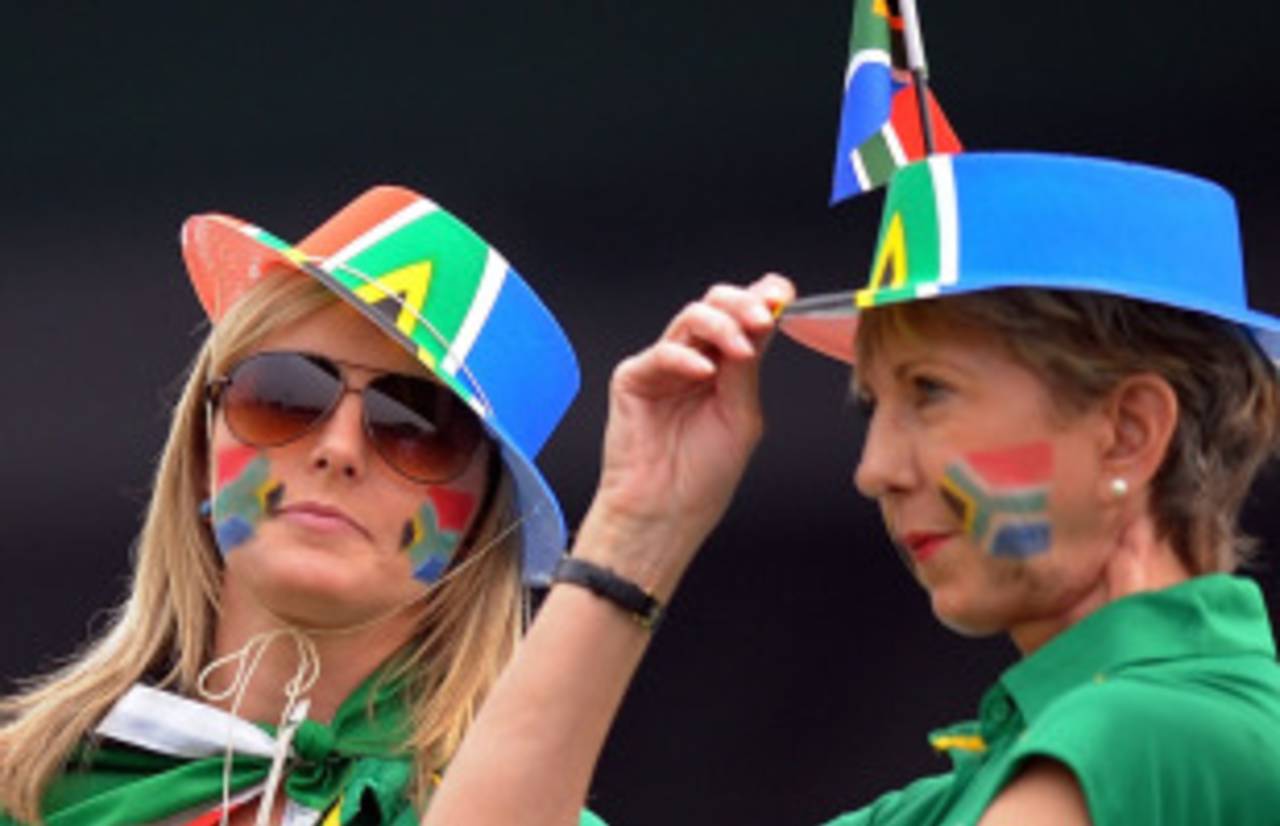A food prevention exercise by the Delhi police resulted in a severe food shortage at the Feroz Shah Kotla during the match between West Indies and South Africa. Until the late stages of the match, more than 150 service people, spectators, and media were without food due to the police crackdown. There was even the danger of the South African team going into the game without lunch.
"We arrived at 12.30 and made arrangements for lunch to arrive then but it only arrived at 13.10 because of the security and police," Mohammed Moosajee, the South African team manager, told ESPNCricinfo. West Indies, however, arrived a little after 13.00 and found their food was on time, some of them having eaten at the hotel. South Africa's 40-minute wait, though, was much shorter than the hours other people had to endure before being allowed to eat.
Trucks carrying food packs for all the service staff in the stadium, including ball boys and ushers, were turned away at the gates. Police denied them entry, effectively allowing all the food they had brought with them to go to waste. "Our vehicles were all accredited, but only two of them came in and one was turned back," one of the catering managers at the venue said. "We were not allowed to bring anything in. The food was all cooked, but it all spoiled."
Someone else who was at risk of having his prepared food go bad was television commentator and former England opener Geoffrey Boycott, who had brought his own meal with him. He had suffered from throat cancer and caters for his specific eating needs. "I don't eat curries, which is what they normally give you. So I bring sandwiches. Anything which is spicy just burns," he said. Police wanted him to leave the sandwiches outside but Boycott wouldn't budge. "I said, 'I want to speak to the general or the brigadier, whoever's in charge, 'cause I'm taking my bloody sandwiches in'." An official came to Boycott's rescue and ensured he was able to take his sandwiches with him.
Fans did not go completely hungry but the usual selection of food, ranging from Indian snacks, patties, samosas, was nowhere to be found, not even in the expensive pavilion stand where tickets were close to Rs 4600. Only sponsor's soft drinks and potato chips stalls were allowed inside the stadium. Other vendors were not allowed into the venue, something that can only be achieved as a result of weeks of planning, as is done at the IPL.
An administrator with the IPL team, the Delhi Daredevils, who play their matches at the Kotla, said the franchise sets up a fully functional office at the stadium six weeks before the tournament starts. It is that office which the ICC has operated out of in the run-up to the event. They meet with the police once a week in order to brief them on what food is coming through and when to expect it. With the ICC not going into such intricate details with the security forces, they have not been able to ensure the same kind of cooperation.
The food scarcity was one of several issues that the media faced. Accredited tickets did not work at the security scanners, everything from the wi-fi to the coffee machine collapsed for a few hours, and the meals for the photographers went the same way as the food for the service people. Fresh packs had to be prepared and sent to the stadium, and were eventually let in close to the end of play. Reporters who had been through matches in Dhaka, Ahmedabad and Delhi gave the Kotla the thumbs down - in overall organisation, not merely in matters pertaining to food.
Firdose Moonda is ESPNcricinfo's South Africa correspondent
